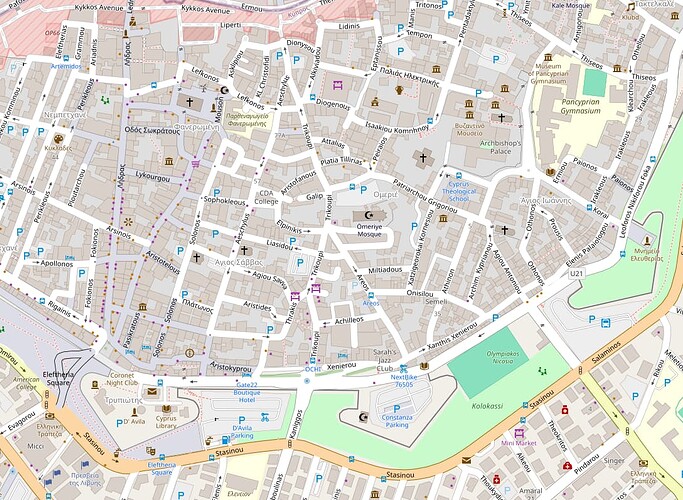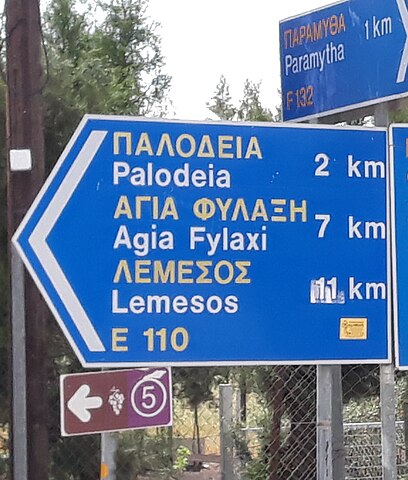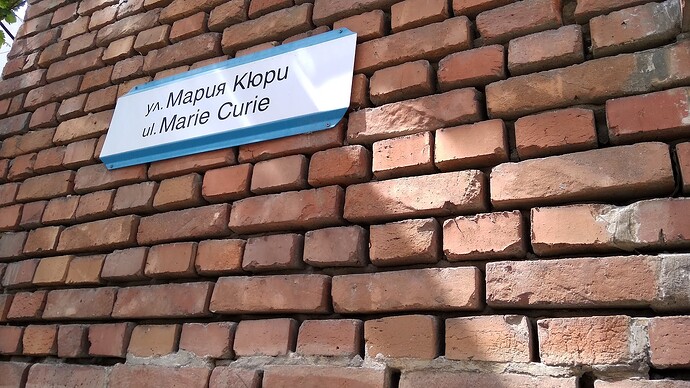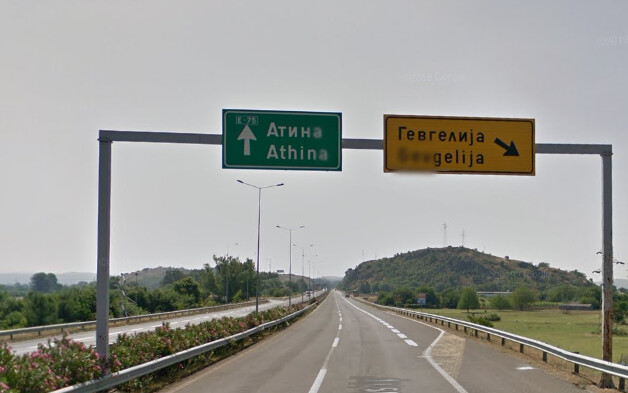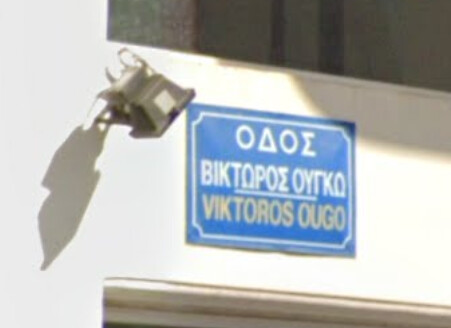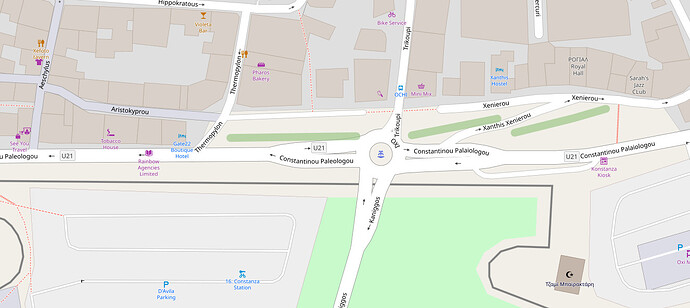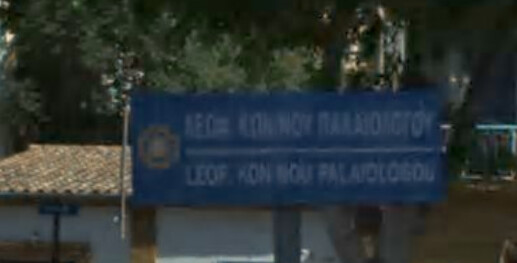Greetings! Although I endeavoured to create a Cypriot Matrix chat to discuss this stuff and some discussion was had, the contributors were mostly from the north or non-Greek (Cypriot) speakers from the south, so I wanted to bring it up here to perhaps get it to a wider audience. The Cypriot community in OSM is quite small after all.
Full disclosure, I myself am Greek (from Greece).
Basically the vast majority of street names in the Republic of Cyprus are all romanised, or written in English.
Basically, this goes against the on the ground principle in general, and status of names in Cyprus in particular. In general, the name key in the south is reserved for Greek, and in the north for Turkish.
Romanised street names are still useful, and are recorded when the original name is in Cyrillic and Greek script under the int_name tag. Street signs in Cyprus (at least in Nicosia where I have checked) also record this romanised name under the Greek one:
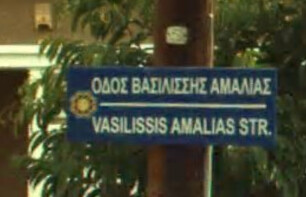
Any name tags that are in English are also in error: this is a common mistake made by English speakers in Greece also, and I presume other places as well. Local sign, local name. Doesn’t matter if its named after John Kennedy, that can go in name:en if you like, but name is still for local language, and int_name is still for romanisation:
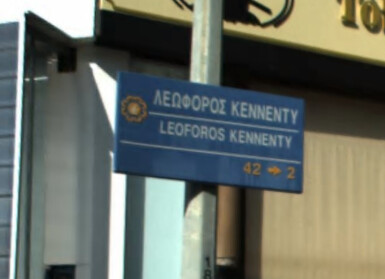

Even with Avenue in English, John Kennedy is still written in romanised Greek (Tzon Kennenty) so I think it is undisputed that it should not be written in English. After all, in English he would be called John F Kennedy to begin with Whether these English names are valid or invalid is up for interpretation, but I generally keep them when the street is named after an English speaking person as I have seen actual usage of such names.![]()
Basically, my proposition is a mass edit, where all romanised names would be moved to int_name, and all English names to name:en and equivalent Greek names written from scratch by me and/or other Greek-speaking community members.
I was hoping to recruit Greek Cypriots into this effort mainly to figure out names particular to Cyprus more easily, as reversing ISO 843 is not 1 to 1 and involves some guess work/googling if you are unfamiliar with the name. But names of Greek political/historical figures are quite widespread in the Republic of Cyprus and can be reconstructed with 0 controversy.
I don’t yet have a plan for this laid out in detail, but basically the only automated step would be the mass moving of the name tag into the int_name tag. In order to avoid spillover into the Buffer Zone, where English is standard and to reduce the size of the changeset, I proposed to do this edit in chunks (perhaps region by region).
Obviously no names in the north would be affected, and these have long (rightly) been written in Turkish, as is spoken there.
Really what I am seeking by writing this thread is a reflection of consensus and that I am not out of line. In the Matrix chat, mostly the concerns were around lack of Cypriot Greek speakers, but as the peculiarities of the dialect generally do not manifest in official government use (e.g. street names) I believe this to be a non issue.
